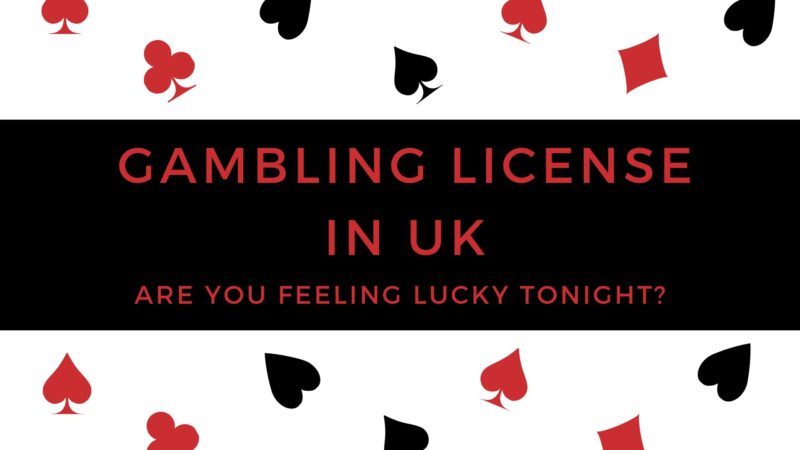Betting on Social Media Challenges: Risks and Rewards

Social Media Challenge Bets: Betting on the outcomes of social media challenges or viral trends.
Social media challenges are everywhere. You’ll find them on TikTok, Instagram, and YouTube. Some challenges are about dancing and others are about eating weird foods. Before you get into the details, check out the IviBet app for the latest odds on live sports betting.
Betting on the Unpredictable
Betting on social media challenges is a new way to have fun. It’s thrilling because you never know how things will turn out. Will someone complete a tricky dance move without tripping? Will they eat a massive burger in under a minute? No one knows for sure. This uncertainty adds a thrill to the experience. As a result, more people are joining in to place bets on these viral events.
How It Works
Bets on social media challenges can take many forms. Some people bet on individual outcomes, like whether a person will succeed in a challenge. Others bet on trends, trying to predict which challenge will go viral next. Online platforms that focus on betting have started to offer dedicated sections for these bets. This allows users to place their bets with ease. It’s a mix of social media fun and gambling, drawing in a diverse crowd.
The Appeal of Quick Wins
The appeal of betting on social media challenges lies in the quick wins. These challenges often happen in real time, with results known within minutes. Bettors don’t have to wait for a sports season to end or for a complex game to unfold. Immediate gratification is addictive. This rapid pace makes it easy to see why so many people find it compelling.
Risks and Concerns
Betting on social media challenges is risky because you never know what’s going to happen. Unlike regular gambling, which usually has rules and takes longer, social media challenges move fast. They can be over in just a few seconds. This makes it easy to start betting without thinking it through.
Social media challenges are fun because you never know what’s coming. This surprise makes them exciting, but it also makes betting on them risky. The results can change in an instant, and there’s no way to predict what’s next. You might be winning, but the next moment, you’re losing everything.
Because of this uncertainty, some people get hooked on trying to win back what they lost. They keep placing bets, thinking the next one will be different. This cycle of chasing losses can lead to bigger problems, so it’s crucial to be careful if you choose to bet on social media challenges.
This can turn into a dangerous cycle. As they try to win back their money, they might end up losing even more. Problem gambling can follow, impacting their bank accounts, mental health, and relationships. To stay safe, people need to set betting limits and recognize when to stop. If it becomes a problem, seeking help from professionals can make a big difference.
The Social Media Effect
Social media itself plays a big role in this trend. The platforms promote challenges and make them easy to share. This amplifies the reach of each trend, attracting more bettors. Some influencers even start their own challenges, knowing that it could lead to a betting frenzy. This cycle continues to fuel the popularity of betting on social media challenges. Take a quick break and check out iviBet Poland for the latest odds on sports betting.
Legal and Ethical Considerations
Betting on social media challenges comes with legal and ethical issues. Some places have strict gambling laws that might not cover these new kinds of bets. This can make it hard to know if you are breaking the law or not. In places with tight gambling rules, these bets can push the boundaries of what’s legal. This could get both the bettors and the platforms in trouble. It’s not always easy to know what is allowed, so people should be careful and check the rules before getting involved in these kinds of bets.
Ethical concerns are just as important as legal ones. Promoting gambling on social media, especially where young people are, raises questions about safety and responsibility. Social media moves quickly, and this can lead to impulsive behavior. If you add betting, it might lead to reckless gambling. The idea of fast money is tempting, but it can hide the risks, leading to addictive habits. This is a problem because younger users may not understand the dangers.

